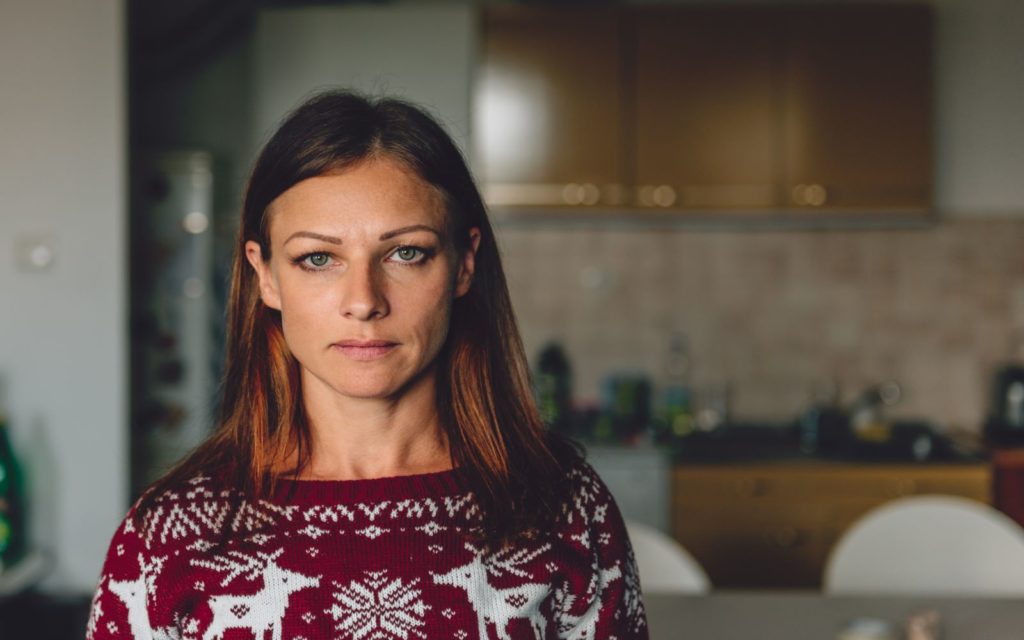
Preconceptions of women’s domestic abuse; tackling the stigma.
As a charity we are optimistic that attitudes towards domestic abuse and the support available for women over the years are changing for the better. Our work has seen individuals that experienced abuse – build a life without fear and gain confidence knowing that they will be heard by those around them.
We go back to basics during this blog to understand domestic abuse and how friends and family can support their loved ones with tools for spotting the signs. SWACA is working towards a shift in our society to empower women. The outcome – is for women not to stay silent about their experiences but to enable them to move away from a vulnerability of further abuse or trauma.
What is domestic abuse?
Domestic abuse is defined as abusive behaviour between two people who are personally connected to each other. An abusive relationship is when one person gains power and control over the other which is why there are lots of different ways that someone may be abused by the person closest to them. The abusive behaviour can take the form of physical or sexual abuse; violent or threatening behaviour; controlling or coercive behaviour; economic abuse; psychological, emotional, or other abuse. This could be a single incident or a repeated occurrence.
It’s important to remember that domestic abuse can affect anyone regardless of their gender, age, sexuality, ethnicity, socio-economic status, religion, or culture.
There is lack of awareness of the different types of abuse.
There is a common misconception that domestic abuse only consists of physical abuse. The reality, however, is that there are many other forms of abuse that can be just as damaging and debilitating. It is important to understand that domestic abuse can be physical, sexual, or emotional; that it can be psychological or financial; it can happen between partners who are married, living together or dating.
Be part of the solution.
A lack of clarity around what constitutes domestic abuse is also a barrier to all seeking help. Tackling these preconceptions is essential if we are going to help women of domestic abuse realise that they could be safer if they seek help from specialist services. There is a common fear of family and friends getting involved or may not recognise the signs of an individual being abused. It is important to recognise the issue maybe complicated and won’t be solved overnight. However, we can be part of the solution, by being aware of signs of abuse and understanding that it can take various forms. Your loved one may become distant, change their routine, have limited access to funds, or be physically harmed.
Creating a safe environment and understanding for all the individual s to talk to a trusted person is one step closer to combating abuse.
- Listen carefully and attentively.
- Be reassuring and non-judgmental in your approach.
- Don’t make it about you, make it about her.
- Don’t tell her what she should do, give her options, and help her find a way to make a decision without pressure.
- Offer to be there, whatever she chooses.
Preconceptions are shifting.
The team at SWACA have taken the opportunity to learn from our charity supporters, to find out how their preconceptions may have changed since working with SWACA. We spoke with Caroline Lobatto Co-owner of Refined Marketing to gain an insight into what her thoughts were.
‘Prior to getting to know the work that SWACA does, my thoughts on domestic abuse weren’t entirely ignorant. However, the manipulation and the coercive behaviour that the survivors had experienced did shock me. I feel more equipped and have a better understanding of how to spot the signs and be open to a positive conversation to support a friend or family member that may be experiencing abuse.
Domestic abuse is portrayed in the media as very much physical abuse; however, I have learnt from SWACA that control is deep-rooted in emotional, social, financial, and other areas of the woman’s wellbeing. Charities such as SWACA are not only lifesaving to women directly affected but also imperative to break the cycle within the community.
We feel proud to support SWACA with their marketing efforts, reaching out and raising the awareness of individuals, families, and communities of Sefton.’
If you need domestic abuse support or advice please contact us.



